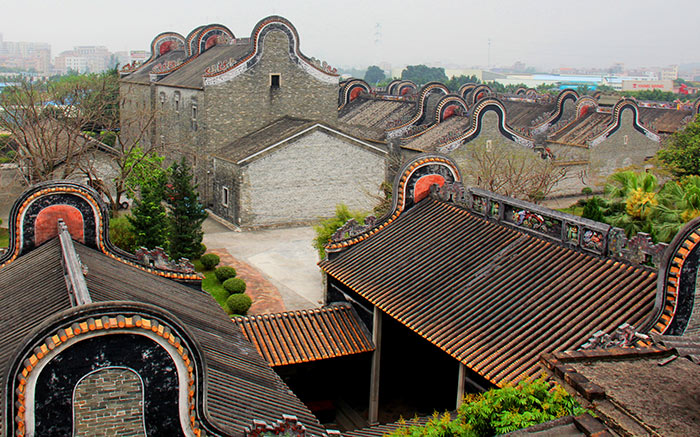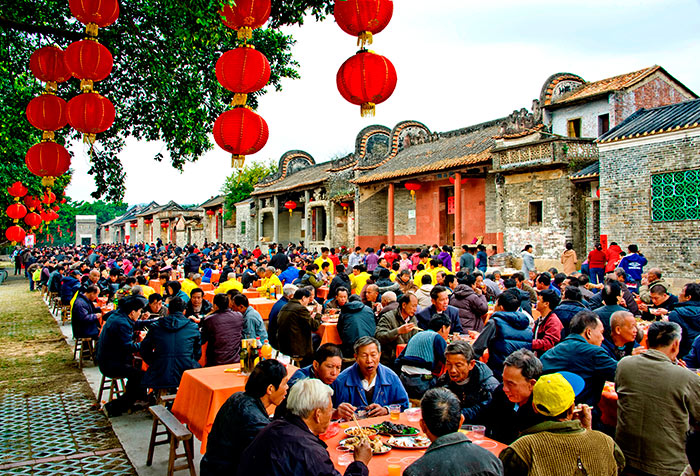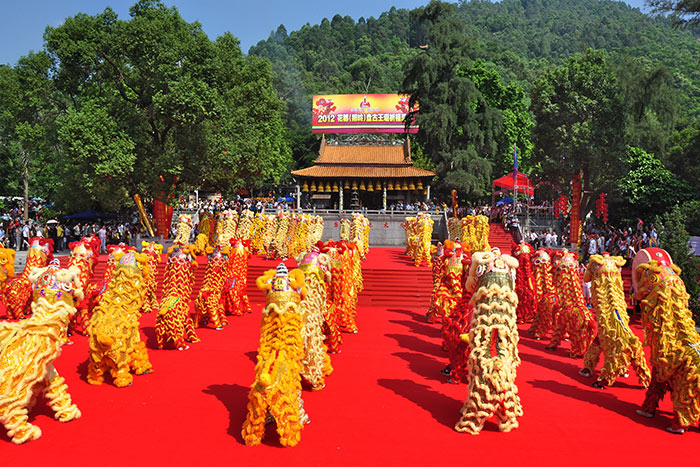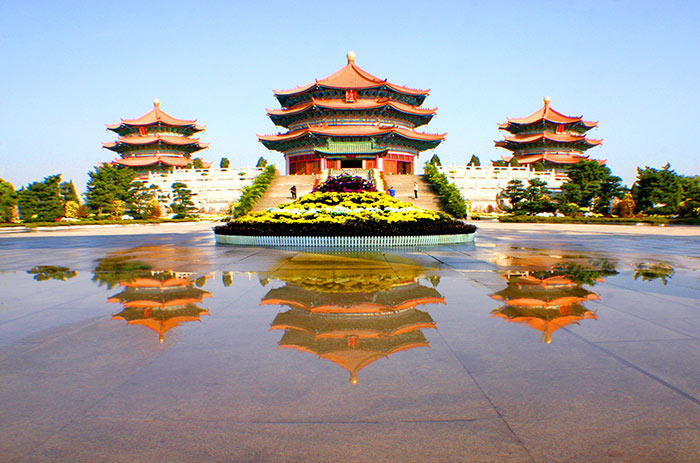History and Features
Current name: Huadu (District)
Former name: Hua County
Han Dynasty: under the jurisdiction of Panyu County
Sui Dynasty: under the jurisdiction of Nanhai County
After Song Dynasty: governed by both Panyu County and Nanhai County.
In 1686 (25th year of Kangxi Emperor's reign), parts of area from Panyu County and Nanhai County were taken to form Hua County, a name derived from Hua Hill, a mountain located near the county seat; the County was placed under the control of Guangzhou Prefecture.
Republic of China: mainly under direct control of the province
People's Republic of China: assigned to Jiangbei Special Zone, Zhujiang Special Zone, Yuebei Administrative zone, and then to Foshan Special Zone
Apr. 1960: designated as a county under Guangzhou city.
June 18, 1993: after approval by the State Council, Hua County was rescinded and a county-level city was established under the official name of Huadu. The city was entrusted to Guangzhou city by the People's Government of Guangdong.
May 21, 2000: after approval by the State Council, Huadu city was rescinded and replaced by Huadu District of Guangzhou city.
Huadu is a place of rich cultural inheritance. Numerous villages, ancient buildings, and schools that date back to Ming or Qing dynasty are only part of the testimony. Although investigation conclusions by relevant experts are not yet available now, people living in Huadu are quiet aware of what treasures they have.
Huadu District is abundant in historical and cultural resources that can become tourist attractions, including Former Home of Hong Xiuquan, Memorial Museum of Hong Xiuquan, ancient buildings centering the Memorial Temple of Royal Consultant, Temple of King Pangu, and ancient residential buildings in Langtou Village, Tanbu Town, as well as in Ouyangzhuang, Gaoxi Village, Huadong Town. And reference must be made to something of religious and cultural significance, Yuanxuan Taoist Temple, which boasts imposing buildings and is the top sacred place for Taoism in the Province. As the birth place of Hong Xiuquan, the leader of Taiping Heavenly Kingdom, Huadu has left an indelible mark in the eventful history, which in turn offers value tourist assets to it.
Huadu Folk Museum, a demonstration of typical Lingnan buildings.
People in the Time-honored Village Langtou are celebrating the New Year, with red Lanterns raised everywhere.
Yuanxuan Taoist Temple.
Memorial Temple of Royal Consultant
Salutation of a hundred lions during King Pangu Festival




